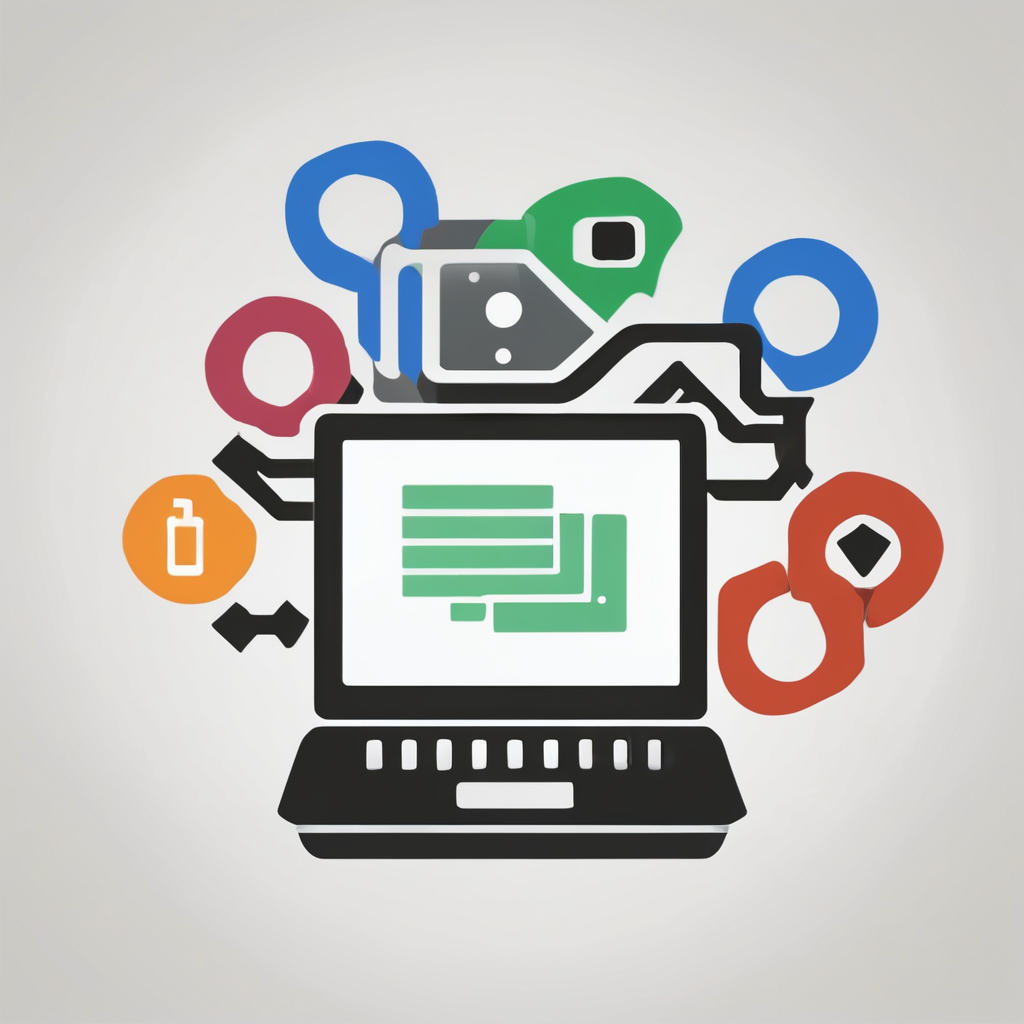Key Technological Advances Reshaping UK Work Culture
Technological advances in the UK workplace are revolutionizing how businesses operate. The rapid digital transformation UK is witnessing includes widespread adoption of automation, artificial intelligence (AI), and enhanced digital communication tools. These innovations are shaping workplace technology trends, driving a more efficient and connected workforce.
Adoption rates vary across sectors. Financial services and tech industries lead with early implementation of AI-powered decision systems and automation to streamline operations. Conversely, traditional sectors such as manufacturing are increasingly integrating robotics and IoT (Internet of Things) to improve production processes, although adoption is gradual.
Also read : What are the key skills needed for the UK’s computing industry?
Digital communication tools, from video conferencing to instant messaging platforms, have become essential for remote and hybrid work models. AI-powered chatbots and automated workflows reduce manual tasks, freeing employees for higher-value work. These workplace technology trends encourage agility and collaboration, offering firms a competitive edge.
Understanding these technological advances in the UK workplace is critical for businesses aiming to keep pace. Staying informed enables strategic investment, ensuring organizations harness innovations effectively to enhance productivity and employee experience.
In parallel : How Has the Evolution of Computing Shaped the UK Tech Industry?
Workplace Practices and Productivity Shifts
In the UK, the rise of automation in the workplace has markedly transformed productivity UK-wide. Automated systems are increasingly handling routine, repetitive tasks like data entry and inventory management. This shift allows employees to focus on higher-value activities, driving overall productivity improvements.
Digital tools productivity plays a significant role in this transformation. Technologies such as cloud-based collaboration platforms and AI-powered analytics streamline workflow and accelerate decision-making. These tools reduce errors and minimize delays, boosting efficiency across departments. For example, UK businesses adopting automated invoicing report faster payment cycles and reduced administrative overhead.
One study highlighted a 20% productivity increase among companies leveraging digital solutions, proving a direct link between workplace practices and business outcomes. The integration of automation with existing workflows creates a synergy that enhances employee output while enabling cost savings.
In summary, the adoption of automation in the UK alongside effective digital tools redefines workplace practices. This combination fosters an environment where routine tasks are optimized, and workforce efforts are redirected to innovation and strategic priorities, substantiating ongoing productivity growth.
New Models of Communication and Collaboration
The rise of digital collaboration UK trends has reshaped workplace communication tools fundamentally. Traditional email now shares space with instant messaging and advanced remote meeting platforms, offering more dynamic, real-time interactions. These tools improve responsiveness and reduce delays, which is crucial as teams increasingly work across locations.
Cross-departmental collaboration has become smoother. Teams can share information instantly, breaking down silos that once slowed projects. As a result, communication flows more naturally between different parts of an organization, fostering innovation. Accessibility of information has also improved: digital platforms store conversations and documents centrally, making it easier for employees to catch up or find resources.
Remote meeting platforms enable richer engagement, combining video, chat, and document sharing. This versatility changes team dynamics by enhancing participation regardless of physical presence. Employees experience less isolation, promoting inclusivity and stronger working relationships.
To meet evolving demands, selecting the right workplace communication tools is essential. The perfect mix boosts productivity while supporting flexible, cross-functional collaboration in today’s digital workplace. Exploring current digital collaboration UK solutions can reveal new ways to strengthen your team’s connection and efficiency.
Remote and Flexible Work in the UK
The surge in remote work UK and hybrid work UK models is reshaping professional landscapes across industries. Advances in communication tools and cloud technology have made telecommuting UK more accessible, allowing employees to work beyond traditional office boundaries. This shift enhances flexible working culture, granting workers greater autonomy over their schedules and, in turn, improving work-life balance.
UK companies have increasingly adapted their policies to encourage flexibility. Many now support hybrid setups, enabling employees to split time between home and office. This approach not only boosts productivity but also helps in talent retention. Surveys reveal a significant rise in organizations implementing formal remote work guidelines, reflecting a strategic embrace of flexibility.
Consequently, office space usage in the UK has undergone a notable transformation. Businesses are downsizing physical footprints, optimizing spaces for collaborative activities rather than constant occupancy. The flexibility inherent in remote and hybrid work models is also reducing the demand for daily commuting, contributing to environmental benefits.
Such changes highlight a clear trend toward sustainable, employee-centered work environments in the UK’s evolving professional sphere.
Impact on Work-Life Balance and Employee Expectations
Technology-enabled flexibility has significantly reshaped the work-life balance UK landscape. With remote working and flexible schedules UK becoming widespread, employees now expect greater autonomy to manage their professional and personal lives. This shift allows for adaptability in daily routines, supporting employee wellbeing through better control over when and where work happens.
However, the benefits come with challenges. The blurring of boundaries due to constant connectivity can lead to digital burnout. Employees sometimes find it hard to “switch off,” as work communications reach beyond traditional hours, risking mental fatigue and reduced productivity. This underscores how crucial clear guidelines and support mechanisms are in workplaces.
Employee expectations have evolved: flexibility alone no longer suffices. Workers seek comprehensive support, including resources for mental health, clear communication norms, and realistic workload expectations. Employers recognizing these needs foster a more sustainable balance, promoting engagement and long-term wellbeing.
In summary, while technology facilitates improved work-life balance UK, managing digital overload and prioritizing employee wellbeing are essential to meet modern workforce demands effectively. Employers adopting flexible schedules UK must address these complexities to ensure truly supportive environments.
Future Trends and Expert Insights
The future of work UK is increasingly shaped by rapid advancements in workplace technology trends. Experts forecast that artificial intelligence and automation will further transform daily tasks, optimizing productivity while shifting skill demands. For example, UK workplace specialists emphasize that adaptability and digital literacy will become essential for employees to thrive in evolving roles.
Expert analysis UK work culture underscores the growing importance of hybrid work models, combining remote and in-office collaboration. This approach not only improves work-life balance but also leverages technology to maintain team cohesion. Recent studies show organizations embracing advanced communication tools and data analytics to enhance decision-making and employee engagement.
Employers are encouraged to invest in continuous training programs that align with emerging technology, fostering an agile workforce ready for future challenges. Meanwhile, employees benefit from proactively developing skills related to AI, cybersecurity, and data management—fields expected to expand significantly.
Navigating ongoing change successfully requires both sides to remain responsive and open to innovation. Staying informed about the future of work UK ensures an adaptive culture that values technology as an enabler, not a disruptor. This strategic mindset supports sustained growth and resilience in the modern workplace.


